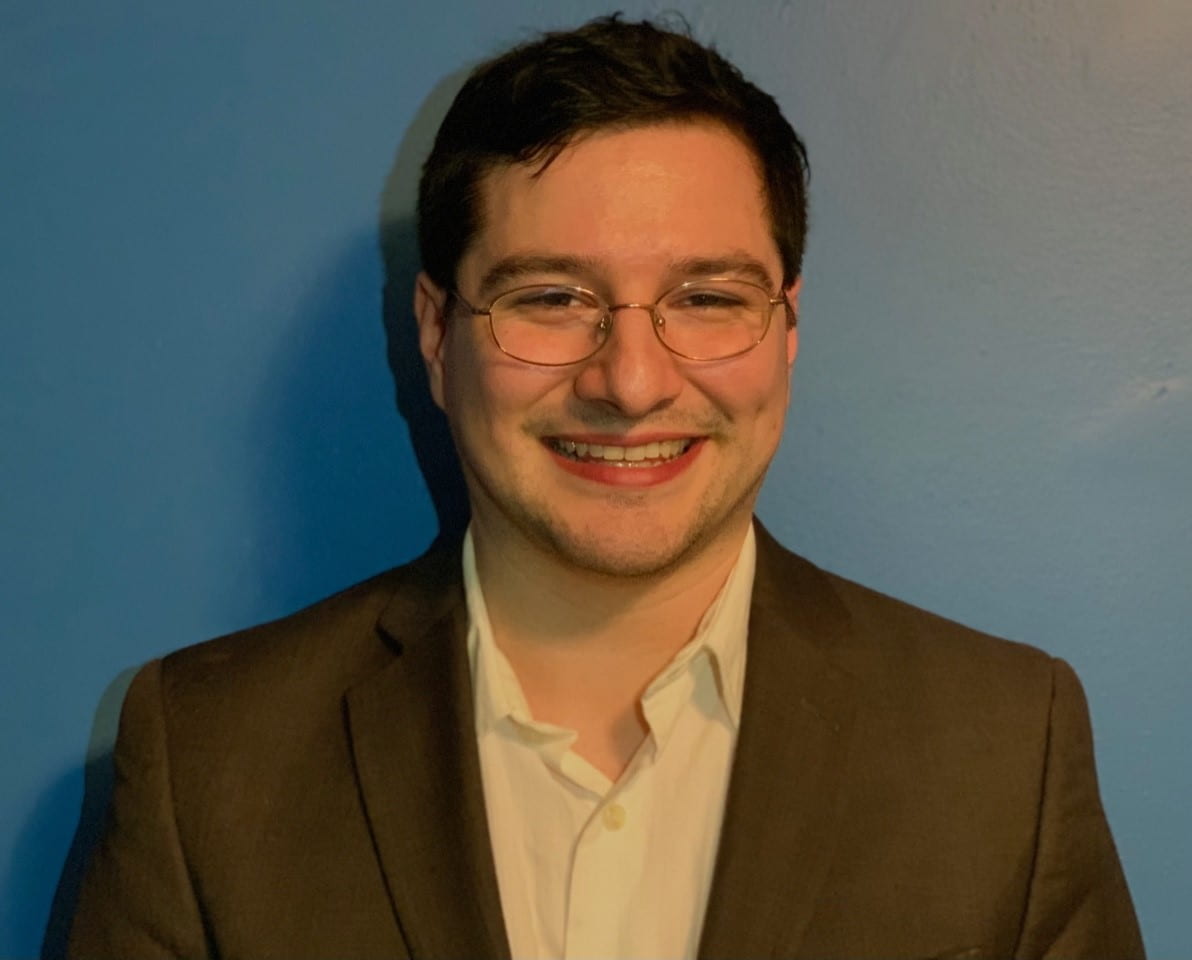
Peter Ajayi
Concussion injuries among high school and college athletes have become a central concern in youth sports. One of the most important decisions an athlete can make is whether to report a concussion to the coach. Prompt self-reporting of a concussion immediately improves brain recovery and is necessary to reduce second-impact syndrome, rapid swelling of the brain after a person receives a second concussion before symptoms of the first concussion have subsided. Unfortunately, repetitive head injuries in adolescents and young adults are often underreported. Peter Ajayi, HD’19, David Garavito, JD/PhD ’21, and Valerie Reyna, professor of human development, are the first to detail an association between socioeconomic status (SES) and concussion reporting intentions among adolescents and young adults. (https://onlinelibrary.wiley.com/doi/10.1002/bdm.2235).

David Garavito
Dr. Reyna and her students incorporated Fuzzy-Trace Theory (FTT) (Reyna, 2012) into the research to capture important unexplained variance in the self-reporting of concussions. According to FTT, when people make decisions, they process the information in two ways, as "gist," or its bottom-line meaning, and "verbatim," or its superficial details. The gist and verbatim formats are encoded and retrieved from memory separately. Gist processing is a more developmentally advanced form of reasoning that reflects education, culture, beliefs, and other life experiences. As people age, they increasingly rely on gist, rather than verbatim, processing of information which leads to healthier intentions and behaviors. Although adolescents and adults process information as gist and verbatim, adolescents are more likely to rely on verbatim processing and the finer distinctions of the tradeoff between risks and rewards when making decisions (e.g., "The chance of something awful happening to me is very low, so I can take a chance.") whereas adults are more likely to rely on a simple, qualitative categorical gist of risk (e.g., "There is a chance of a catastrophic outcome, and I should avoid putting myself in harm's way at all costs.")

Valerie Reyna
This is the first study to propose and demonstrate a link between SES and reporting intentions. They hypothesized this connection because of putative effects of SES on cognitive development, namely, on gist processing. Based on FTT, categorical gist processing and gist principles of risk avoidance are predicted to develop with experience from childhood through adulthood and to promote healthy decision-making. Low SES, they posited, offers fewer opportunities for enriching experiences, on the one hand, and greater exposure to stressors, on the other hand, delaying cognitive development. This is consistent with previously reported SES differences in gist processing. Consequently, they expected that SES operating through gist processing, such as the categorical insight that a concussion can produce life-altering brain damage, would be associated with higher reporting intentions. High-school and young adults in their study completed a survey about concussions and sports. Overall, for each of the two age groups, and for athletes as well as nonathletes, SES was associated with reporting intentions. It was the responses to questions on gist processing, concussion knowledge, and healthier attitudes about concussions that were each associated with greater intentions to report concussions. Ajayi, Garavito, and Reyna conclude in their paper that although educational initiatives currently focus on rote knowledge of concussions and healthy attitudes to reduce the underreporting of concussions, they recommend that future interventions use gist to communicate risk, especially to low SES youth by adapting successful FTT-based risk-reduction curricula from other domains.
Peter Ajayi received a post-baccalaureate, NIH Intramural Research Training Award to study the myofibrillar and mitochondrial networks within skeletal muscles using advanced imaging methods at the NIH National Heart, Lung, and Blood Institute. He is currently attending Warren Alpert Medical School of Brown University.
David Garavito received his J.D. from Cornell Law School in 2020 and received his Ph.D. this year from the Law, Psychology, and Human Development Program at the Laboratory for Rational Decision Making at Cornell University. His research examines the perception of risks and risk-taking within the context of sports and the cognitive and neural effects of concussive and sub-concussive injuries.

